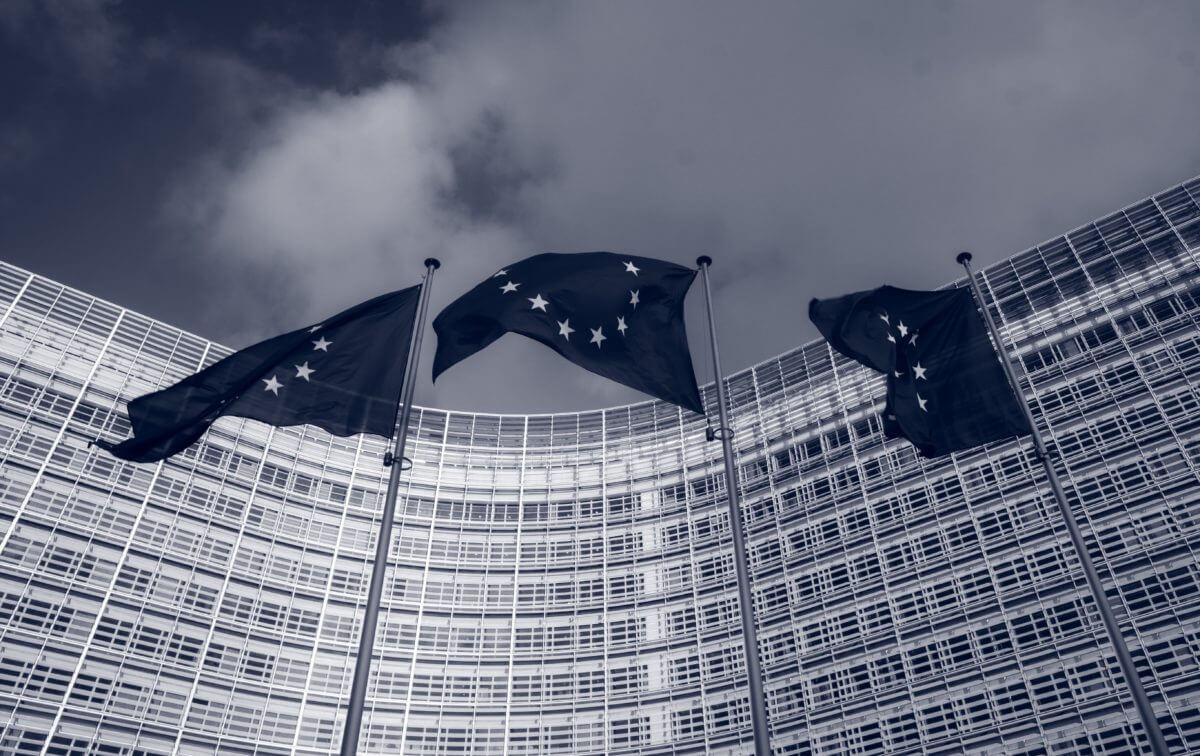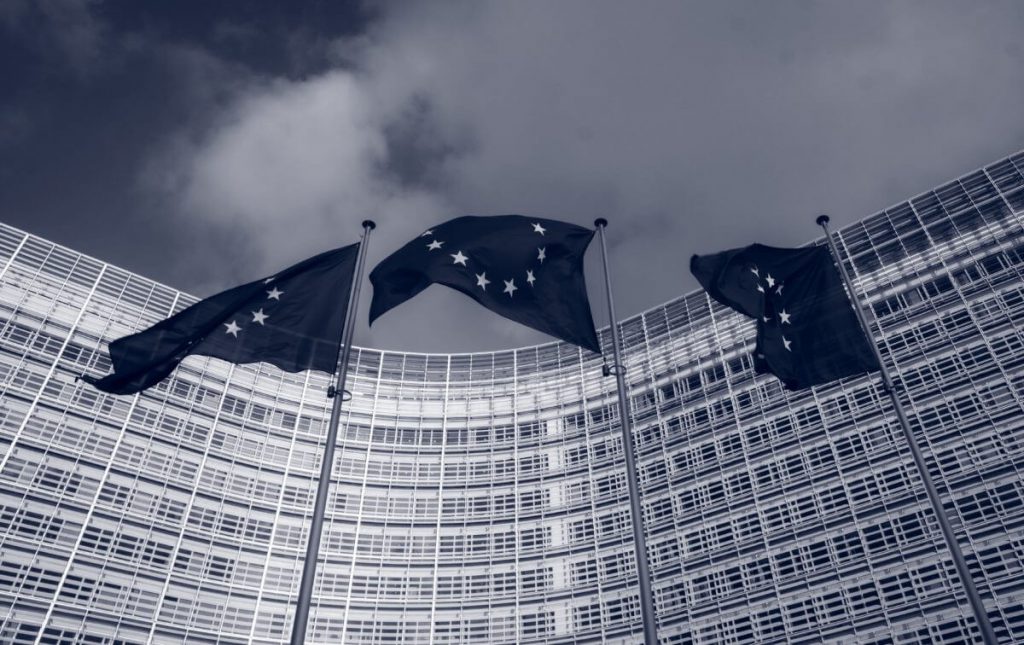
EU Changes the Internet’s Rules
The European Union’s Digital Markets Act will come into force, allowing Google, Amazon, and Meta platforms to be open and interoperable by 2023. This might result in significant changes to what individuals can do with their gadgets and apps. It serves as a reminder that Europe has much more aggressively controlled digital corporations than the US.
The DMA requires giant platforms to allow smaller competitors in. Moreover, it may require Meta’s WhatsApp to permit messages from other apps like Telegram or Signal or prohibit Apple, Amazon, and Google from preferencing their apps and services.
The DMA will go into effect next week. However, tech platforms don’t have to comply right away. The EU will decide which firms are advanced enough to be designated as “gatekeepers” under the strictest rules. Analysts expect about a dozen firms to join the group in the spring. This gatekeeper has six months.
The Digital Services Act could force social applications like TikTok to submit their data to third-party audits.
The regulation will likewise go green, and the main web platforms will comply by mid-2024. Moreover, the EU is also considering enacting artificial intelligence-specific legislation, which may prohibit particular applications of the technology. Tougher standards for technological behemoths will safeguard consumers and other firms from unfair acts. However, it will also allow society to reap the full benefits of technology.
The EU’s new office is in response to recent initiatives by the EU and the US to coordinate more closely on technology policy. The EU’s digital envoy can avoid the difficulties that prevented him from arriving early in Silicon Valley, where CEOs, entrepreneurs, and investors far outnumber policy experts.


